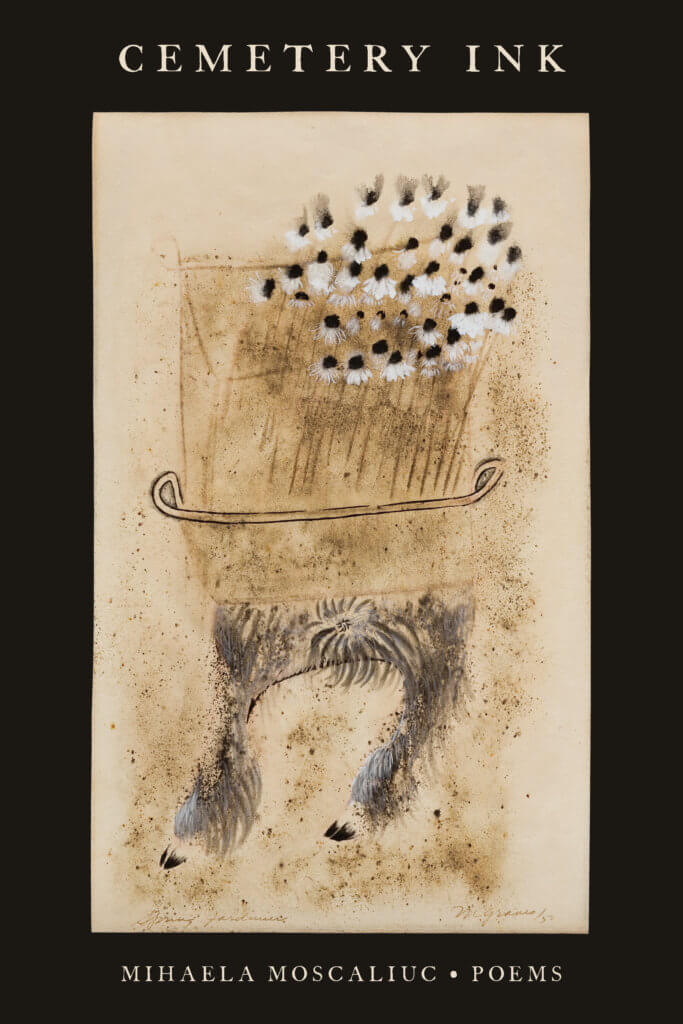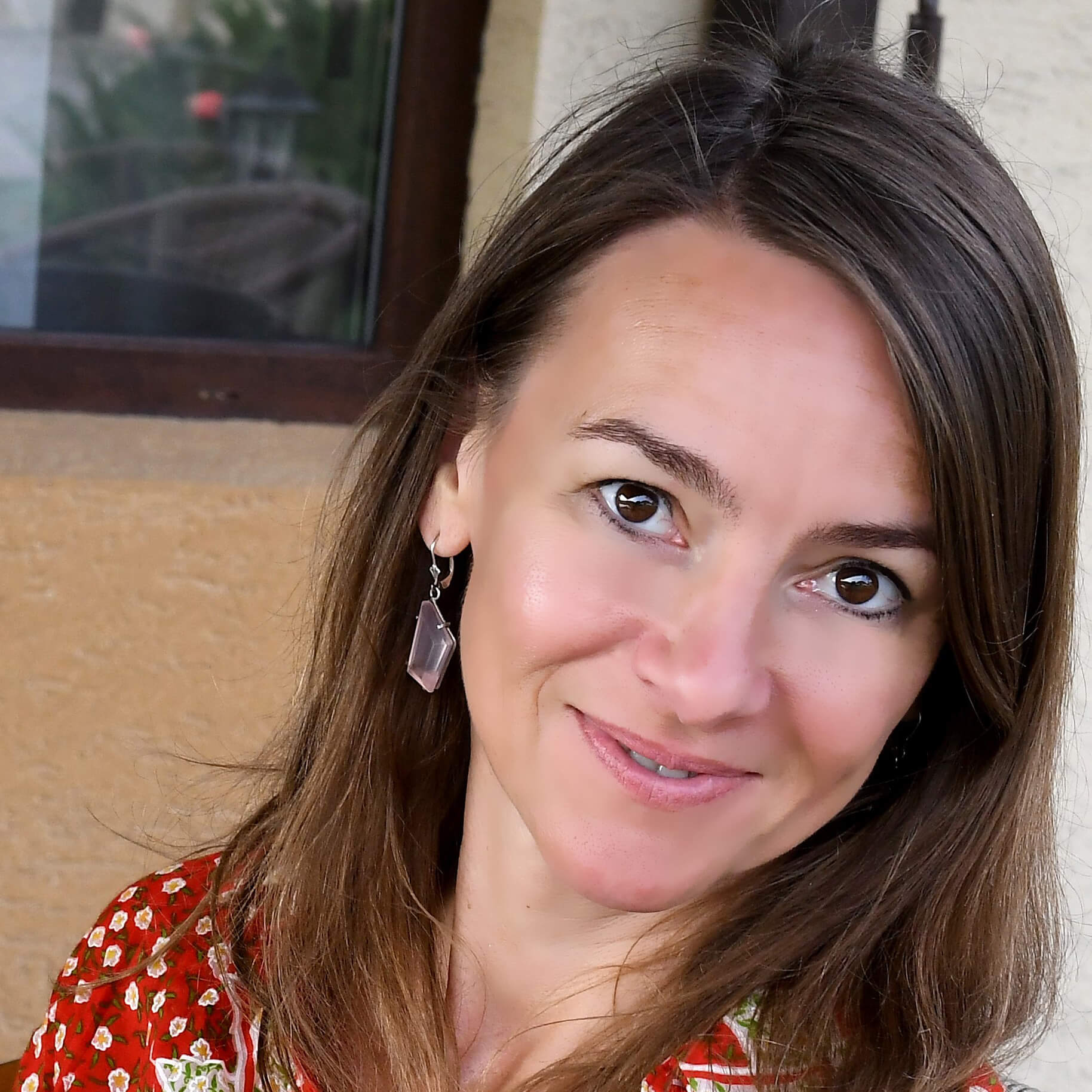Mihaela Moscaliuc, Ph.D., associate professor of English, has published her third collection of poetry, “Cemetery Ink,” under the University of Pittsburgh Press’s prestigious Pitt Poetry Series.
Within this collection, Moscaliuc connects research and history to lived experience while addressing the ethics of representation and appropriation through the themes of compassion and social justice.
From places (including her native Romania) and histories to ways of knowing, loving, and grieving, Moscaliuc examines borders and memory to work through – and further complicate – understandings of belonging.
“Mihaela Moscaliuc’s ‘Cemetery Ink’ meditates on both human brutality and the grammars of survival,” writes poet Ross Gay, professor of English at Indiana University Bloomington. “It is difficult witness, which she does with formal and musical precision, with care and ardor. I am so moved by these poems.”
As in her previous collections, cemeteries become sites of power, holding the living accountable. The poems celebrate goats, black swans, centipedes, wandering wombs, succulent cherries, dismembered dolls, deep-fried brains, ink mushrooms, and people whose uprooted lives wed beauty to disaster.
“Moscaliuc’s gorgeous visual work creates a speeding Bruegelesque world-in-transit: cinematic, yes, but also deeply tactile, in moments which feel somehow stilled in the immortal,” said poet Judith Vollmer, professor emerita at the University of Pittsburgh.
Moscaliuc’s previous poetry collections include: “Immigrant Model” and “Father Dirt;” she is also the translator of Liliana Ursu’s “Clay and Star” and Carmelia Leonte’s “The Hiss of the Viper.” More recently, she was the co-editor of an anthology of poems, “Border Lines: Poems of Migration,” published in 2020 by Knopf/Penguin Random House. Created as a response to current debates on immigration, the anthology brings together more than a hundred poets representing more than 60 nationalities.
She is also the recipient of two Glenna Luschei Awards; residency fellowships at the Virginia Center for the Creative Arts, MacDowell, and Le Chateau de Lavigny; and a Fulbright fellowship to Romania.


